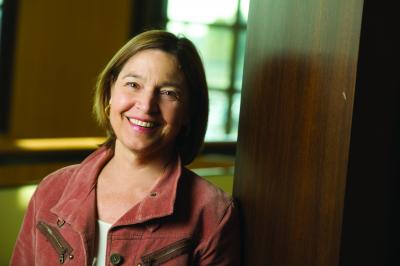Podcast: Play in new window
BOB HIRSHON (host):

Parents, babies, and autism. I’m Bob Hirshon and this is Science Update.
Infants are too young to be diagnosed with autism, but many show symptoms as early as 6 months.
SALLY ROGERS (University of California, Davis):
Including poor eye contact, repetitive actions with objects…
HIRSHON:
That’s UC, Davis MIND Institute researcher Sally Rogers. She and her team trained parents to respond to their infants’ subtle social cues throughout the day.
ROGERS:
We helped them read the infants’ levels of interest and pleasure in the interaction the parents were offering.
HIRSHON:
She says at first, the babies’ development slowed down in a pattern typical for children later diagnosed with autism.
ROGERS:
But at 18 months, their developmental rate started to accelerate again. So in the treated group of infants, 6 of the 7 showed normal patterns for both verbal and nonverbal development by the age of 3.
HIRSHON:
Rogers cautions that larger studies are needed to validate the intervention’s effectiveness. I’m Bob Hirshon, for AAAS, the science society.
